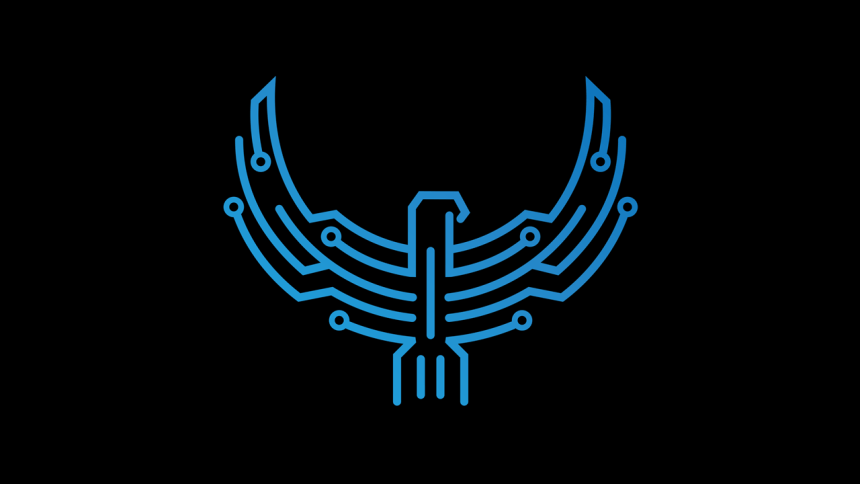Corporations and big companies have struggled for a long time with the intricacies of international payroll. A blockchain startup Horuspay aims to simplify and partially automate the complicated procedures involved while increasing efficiency.
Internationally fragmented law and regulation is an increasingly important problem for companies that conduct their business in multiple countries. One way this problem manifests itself is by inefficient, slow and error-prone international payroll.
The problem with international payroll
Most companies that need to pay employees worldwide do that through intermediaries — i.e., payroll aggregators. Those aggregators often employ the lowest bidder in each country at the cost of the quality of the service so that they can apply a higher premium. There are reports of aggregators charging 40 percent fees.
An added problem that arises from the presence of intermediaries is that the communication is triangulated, introducing unnecessary complexity which increases the probability for errors.
Another issue is that wire transfers — the primary method of payment for international payrolls — are notoriously slow and expensive. According to valuepenguin, outgoing international wire transfers costs range from $45 to $65 and take multiple days to arrive.
Last — but not least — the centralized payroll management systems that manage the payrolls of big companies have already been hacked in the past, and there is no reason to expect it won’t happen again.
Smart contracts to simplify global payroll
A blockchain project Horuspay is trying to address this issue by employing smart contracts. The global nature of the technology grants some clear advantages when compared to traditional systems. Smart contracts are computer code that is enforced automatically by computers regardless of where contractors are residing.
On this EOS-based platform, the companies are direct clients of the local payroll providers in the countries where they operate, and communication takes place without intermediaries. The absence of middlemen makes communication faster and less error-prone.
The international employers can choose their service providers considering both price and service quality. What’s more, there are no middlemen that charge fees on top of the local vendor’s costs. The white paper claims that Horuspay expenses are 50-80 percent less.
The project team also plans to integrate with HCM systems and automatically flow their data to the Horuspay portal. The white paper claims that HCM integration “can save up to 16 hours per week of data entry per global payroll specialist.” The payroll specialist salaries show that this can translate into noteworthy savings.
Also, the data is encrypted and stored on the blockchain. Such a design improves upon the security of traditional systems, both in privacy and document manipulation.
Two tokens design
The payroll payments are performed on-chain using the secondary project’s token, eosCASH (known as Horus dollar before the rebranding). Token payments are near instant, and their cost is negligible.
The primary token — on the other hand — is HORUS. Companies need to stack a Horus token for every employee that they wish to pay through the platform. The stacking will also generate eosCASH at up to 1% for approximately the next 82 years.
Disclaimer: The opinions expressed in this article do not represent the views of NewsBTC or any of its team members. NewsBTC is neither responsible nor liable for the accuracy of any of the information supplied in Sponsored Stories/Press Releases such as this one.
